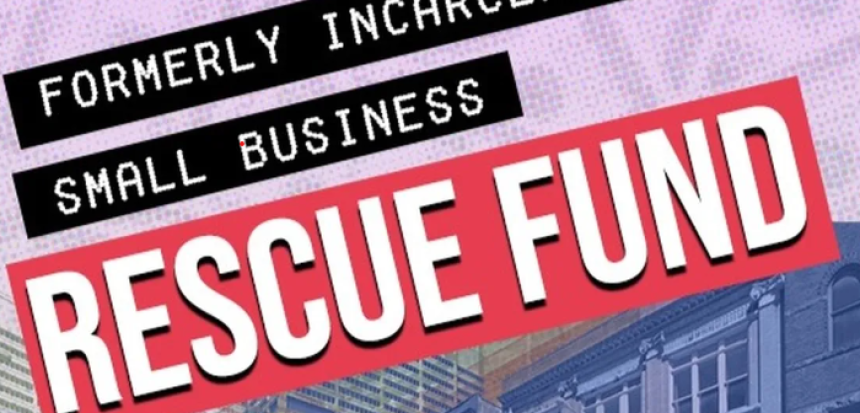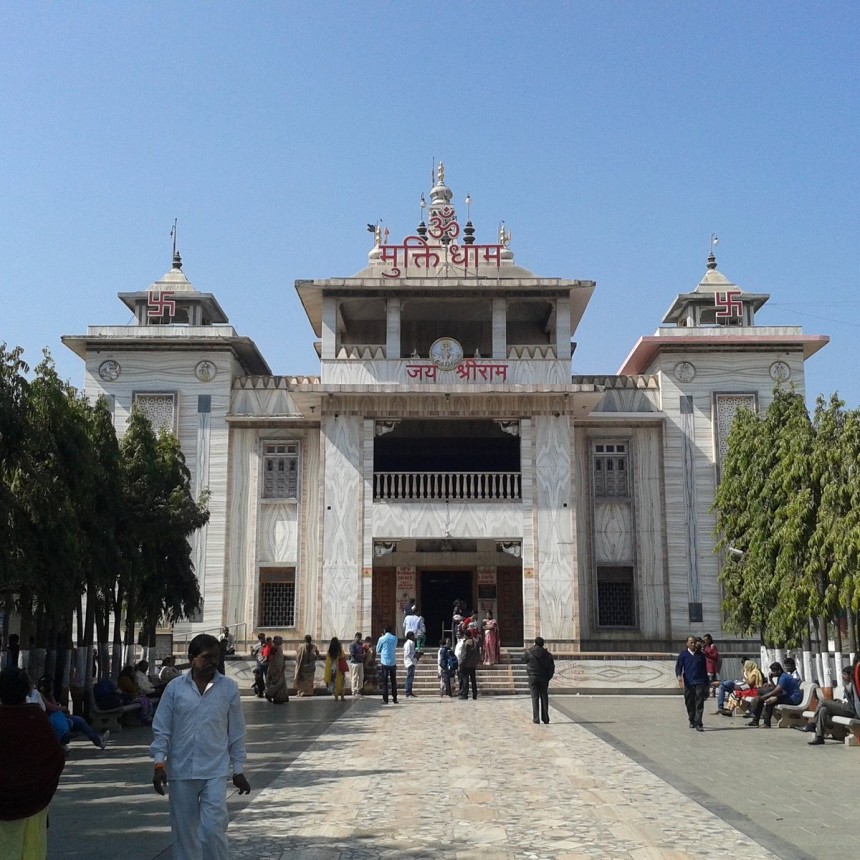The Role of Intelligent Transport Systems in Urban Mobility
Urban environments are becoming increasingly congested, prompting city planners and private businesses to look for smarter ways to manage traffic flow, reduce emissions, and improve road safety. At the heart of this transformation is the integration of intelligent transport systems (ITS), which use advanced technologies to optimize how people and goods move. From dynamic route optimization to automated enforcement, these systems are playing a crucial role in reshaping urban mobility.
Real-Time Monitoring with Vehicle Tracking SystemsOne of the foundational technologies driving ITS forward is the Vehicle Tracking System. Businesses and municipalities alike use this technology to monitor the location and movement of vehicles in real time. This data not only helps in improving fleet management efficiency but also enhances public safety by allowing rapid response in case of emergencies. Whether it's public transit, delivery fleets, or emergency vehicles, real-time tracking offers a significant edge in operational performance and accountability.
Tackling Urban Congestion Through Smart ParkingParking inefficiencies are a major contributor to traffic congestion, especially in busy urban centers. Smart Parking Solutions address this issue by guiding drivers to available parking spaces via real-time data, reducing the time spent circling for spots. These systems use IoT sensors, mobile apps, and cloud platforms to streamline parking operations for both public lots and private businesses. This not only eases traffic but also enhances the user experience and can significantly reduce carbon emissions from idling vehicles.
Enhancing Security and Traffic Management with LPRSecurity enforcement and traffic violation tracking have also seen significant improvements with License Plate Reading technology. Using high-resolution cameras and intelligent software, these systems can automatically identify and record license plate numbers, enabling automated toll collection, red-light enforcement, and even stolen vehicle recovery. Cities and law enforcement agencies benefit from improved surveillance, while private enterprises use LPR for secure access control and parking management.
Conclusion: Smarter Cities Need Smarter SystemsAs cities continue to grow and evolve, the demand for smarter, more efficient transportation systems becomes essential. Technologies like Vehicle Tracking System, Smart Parking Solutions, and License Plate Reading are not just buzzwords—they're tools actively shaping the future of urban living. Whether you're managing a logistics company, operating a parking facility, or planning city infrastructure, integrating these solutions is a strategic step toward a smarter, more sustainable future.




